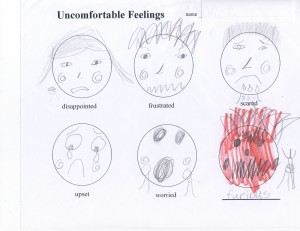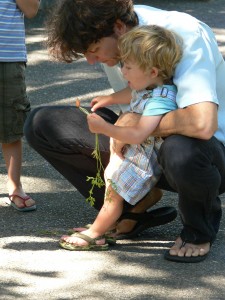
Feeling uncomfortable? Now use it for good.
As we approach the beginning of the new school year, my heart goes out to the kids who are dreading it. They are usually the ones who had to wade through more than their share of social garbage last term. Hopefully they got a needed reprieve during the summer. But they’ve got to go back and most of them (and their parents and teachers) are probably not looking forward to the inevitable crapola (online and off).
Being in the prevention business, I’m always working on ways to make schools more compassionate. Here’s my latest contribution… just a reminder… adapted from the Charter for Compassion’s call to action for cities.
A compassionate school is an uncomfortable school!
Uncomfortable when anyone is threatened, harassed, or made to feel less than.
Uncomfortable when every child isn’t treated with respect by every teacher and every other student.
Uncomfortable when every student isn’t given rich opportunities to grow intellectually, creatively, and emotionally.
Uncomfortable when, as a school community, we don’t treat each other as we want to be treated.
A compassionate school knows uncomfortable feelings aren’t worth zippo, if they don’t trigger action. So a compassionate school recognizes the discomfort and immediately works for change with the full leadership and commitment of all administrators and teachers. With adult leadership, students learn how they too can become change agents. Because, whether students admit it or not, they desperately want their school to be a place where every kid is treated with respect. Every one.
Got it? Good. Now go make your kid’s school really uncomfortable. We’re in this together.













